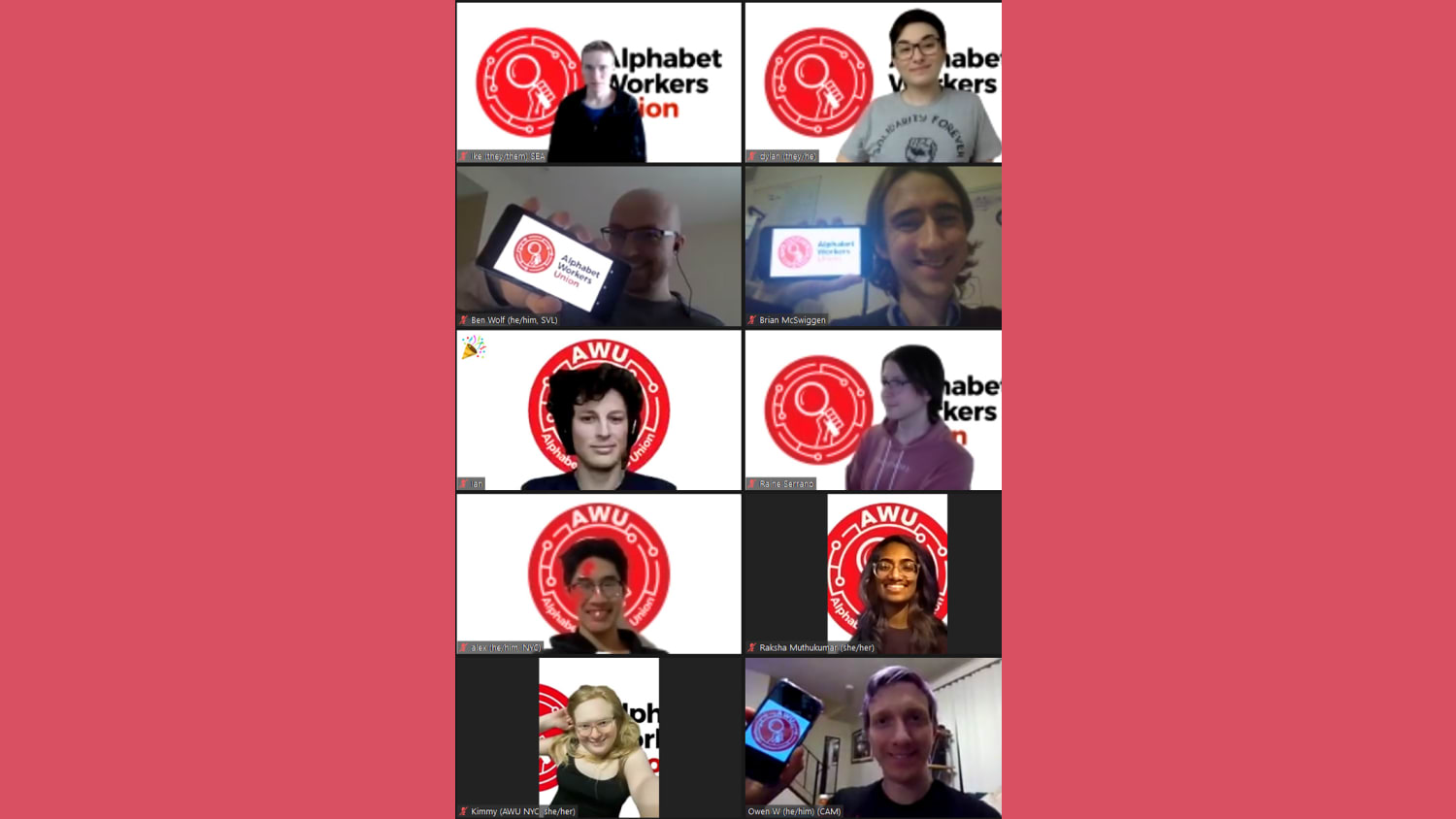In a survey carried out for Wunderman Thompson Intelligence’s recent “Generation Z: Building a Better Normal” report, 74% of young people say they refuse to work for a company that goes against their values. With this cohort already entering the workforce, brands and businesses could face grave consequences if they fail to establish and uphold clear values.
Employees are holding their employers accountable, demanding they honor company values.


In the beginning of January, 400 Google employees around the world banded together to create a new union called Alpha Global. It follows a move made by workers in the US and Canada, who launched the Alphabet Workers Union (AWU) a few weeks prior. The union says it aims to promote inclusivity, push for more transparency for employees, and ensure Alphabet acts ethically.
“Our new union provides a sustainable structure to ensure that our shared values as Alphabet employees are respected even after the headlines fade,” Google employee Nicki Anselmo said in a statement issued by the Alphabet Workers Union. Parul Koul and the executive chair and the vice chair of the Alphabet Workers Union, echoed this sentiment in a January 2021 op-ed for the New York Times: “We built Google. This is not the company we want to work for,” they wrote. “Our company’s motto used to be “Don’t be evil.” An organized work force will help us live up to it.”

Other tech giants are facing similar backlash from employees. Next month, Amazon’s warehouse in Bessemer, Alabama will see over 5,000 workers vote to unionize after warehouse employees contacted a member of the Retail, Wholesale and Department Store Union last summer. According to the New York Times, employees took a stand after raising concerns with the company tracking their productivity.
In January 2021, Donald Trump’s Facebook account was suspended “indefinitely.” The company faced scrutiny from employees back in June 2020 after executives refused to remove Trump’s provocative posts relating to Black Lives Matter protests. Employees felt the posts condoned racially charged violence, while Facebook deemed them informative and therefore not against company policy. Hundreds of staff members channelled their anger into a virtual protest, calling on CEO Mark Zuckerberg to take action.

Pinterest staff conducted a similar virtual walkout while working from home in August 2020. The protest erupted after three high-profile female employees accused the company of racial and gender discrimination. In response, on August 13, employees took collective action, replacing their Slack profile images with a photo of the three women, sharing a petition link demanding an end to all forms of discrimination on multiple corporate Slack channels, and then signing off for the afternoon.
Former employees are standing up too. In June 2020, previous employees of US apparel company Everlane called for a boycott of its products in the wake of allegations of racial discrimination in the workplace. Taking action on Instagram via an account called the Ex-Wives Club, they shared their experiences using the hashtag #BoycottEverlane. Other posts on the page criticize the apologetic statements the company has made, deeming them inauthentic and lacking action. One post even redirects followers to alternative ethical brands and retailers.
The pressure on companies to act ethically is no longer purely external, driven by consumers voting with their dollars. Increasingly, the call to hold companies to account for their actions is echoing internally as well. Emboldened by waning tolerance of inequality and the waxing momentum for virtual protests, employees in many businesses are raising their voices and demanding more socially conscious and equitable conduct.
Please provide your contact information to continue.
Related Content

VML Prague and KitKat offers a digital break with its new "Phone Break" campaign

